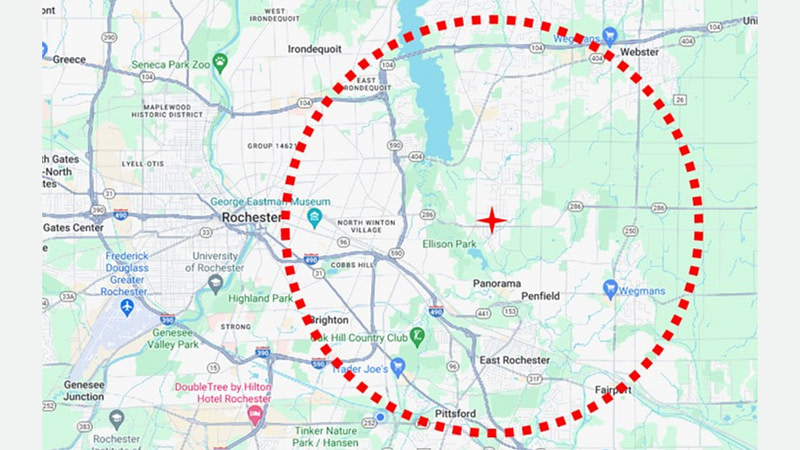“I keep expecting loud and impressive events to convince me and others of God’s saving power… Our temptation is to be distracted by them… When I have no eyes for the small signs of God’s presence — the smile of a baby, the carefree play of children, the words of encouragement and gestures of love offered by friends — I will always remain tempted to despair. The small child of Bethlehem, the unknown man of Nazareth, the rejected preacher, the naked man on the cross, He asks for my full attention. The work of our salvation takes place in the midst of a world that continues to shout, scream, and overwhelm us with its claims and promises.”
What do you hope for?
The Advent season re-engages our wonder and imagination. This is one of the reasons we get the urge to watch nostalgic Christmas movies around this time. Would you believe Elf with Will Farrell turned 20 years old this year? If you’re unfamiliar with the film, it’s the story of an adult male who was adopted as one of Santa’s elves. When he takes a journey to New York City, to comic effect, he’s a lot more excited and hopeful for the magic of Christmas than the modern New Yorkers he meets. If you think about it, his character actually embodies our innate need for hope. But it is very easy for us to dismiss that need and become cynical. Indeed, the Christmas hope depicted in Elf, while noble, can feel shallow in seasons of polarization and war. While I hope you watch the movie, and that it brings a ton of laughs, in the Christmas season we get to remember a hope deeper than the one depicted in Elf. We remember a hope of real grit, substance, and teeth.
Real hope is based in reality. It’s not a matter of wishful thinking. Isaiah 40:3-5 paints a picture of how our Savior will come:
A voice of one calling:
“In the wilderness prepare
the way for the Lord;
make straight in the desert
a highway for our God.
Every valley shall be raised up,
every mountain and hill made low;
the rough ground shall become level,
the rugged places a plain.
And the glory of the Lord will be revealed,
and all people will see it together.
For the mouth of the Lord has spoken.”
Isaiah 40:3-5
The passage starts by prophesying John the Baptist – “A voice of one calling in the wilderness.” Ancient readers may have taken this passage to mean that Heaven would open up for a Savior to come. But that’s not how God chose to work. Rather, John the Baptist lived a vagabond life. And Jesus was born in a tiny stable.
Perhaps, we need a new vision of hope. A hope that shows up on Wednesday at 10:49am. A hope that recognizes the uniqueness of each snowflake. A hope that realizes God’s ways are not our ways. A hope that looks for God at work rather than fitting God into how we work.
Perhaps, we need a new vision of hope.
When you make room for hope, you begin to see new opportunities in front of you. Hope changes the way you pray. It changes how you see other people. Hope in Jesus calls us to remove the distractions of our expectations to ultimately experience Him. Then, in turn, we are able to share this hope with others.
Maybe instead of asking, “What do you hope for?”, the better question is, “Where do you see hope today?” You might be surprised by what God has in store for your life.



